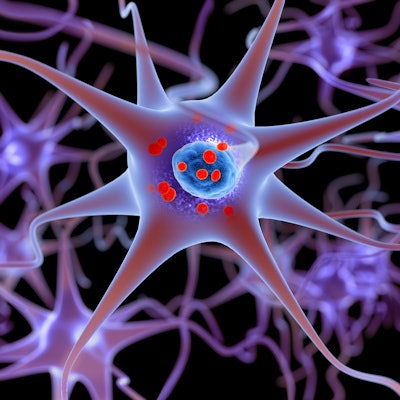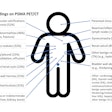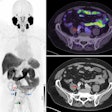
The U.S. National Institute of Neurological Disorders and Stroke has awarded a five-year $20 million grant to five academic institutions to use PET imaging to identify a reliable biomarker for Parkinson's and other neurodegenerative diseases.
The Center Without Walls initiative is a collaboration among the University of Pennsylvania Perelman School of Medicine (Penn Medicine); University of Pittsburgh; University of California, San Francisco; Yale University; and Washington University in St. Louis.
The researchers' goals are to develop two different PET radiotracers. One agent would be designed to bind to a brain protein known as alpha-synuclein to image Parkinson's disease and multiple system atrophy; the other tracer would bind to the protein 4R tau for imaging frontotemporal degeneration and progressive supranuclear palsy.
Currently, there is no single test that can diagnose Parkinson's disease, which can go undetected or misdiagnosed until symptoms such as tremors, changes in speech, and balance become severe. A biomarker could help with early diagnosis and allow researchers to accelerate clinical trials of new therapies, the researchers noted.
"At the end of five years, we hope to have a radioactive tracer that will be able to detect Parkinson's early on and provide detailed information about the disease's progression, which is critical for discovering and testing new treatments," said principal investigator Robert Mach, PhD, a professor of radiology at Penn Medicine, in a statement.




















